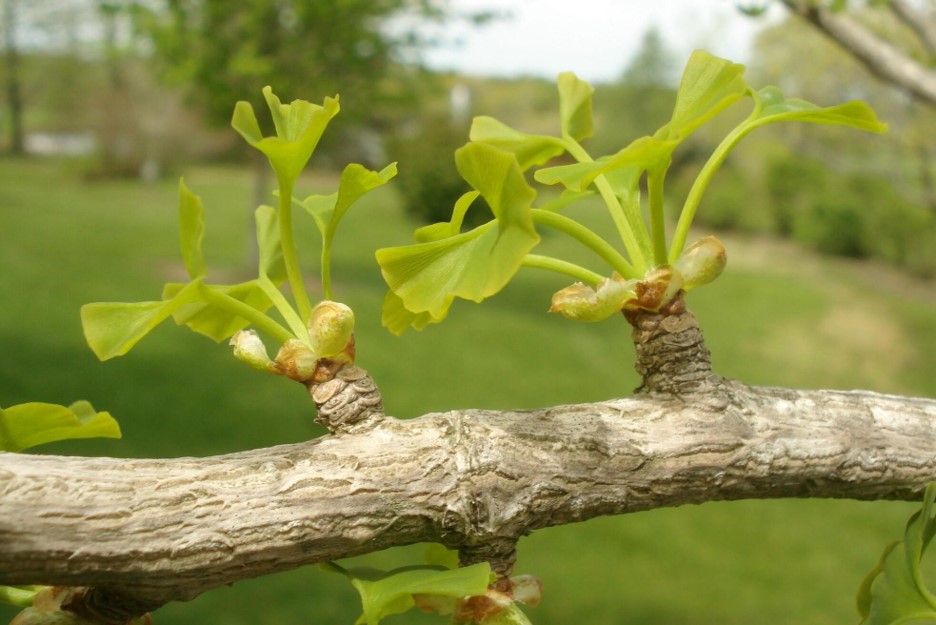By Olivia Witthun, DNR Urban Forestry Coordinator; Olivia.Witthun@wisconsin.gov or 414-750-8744
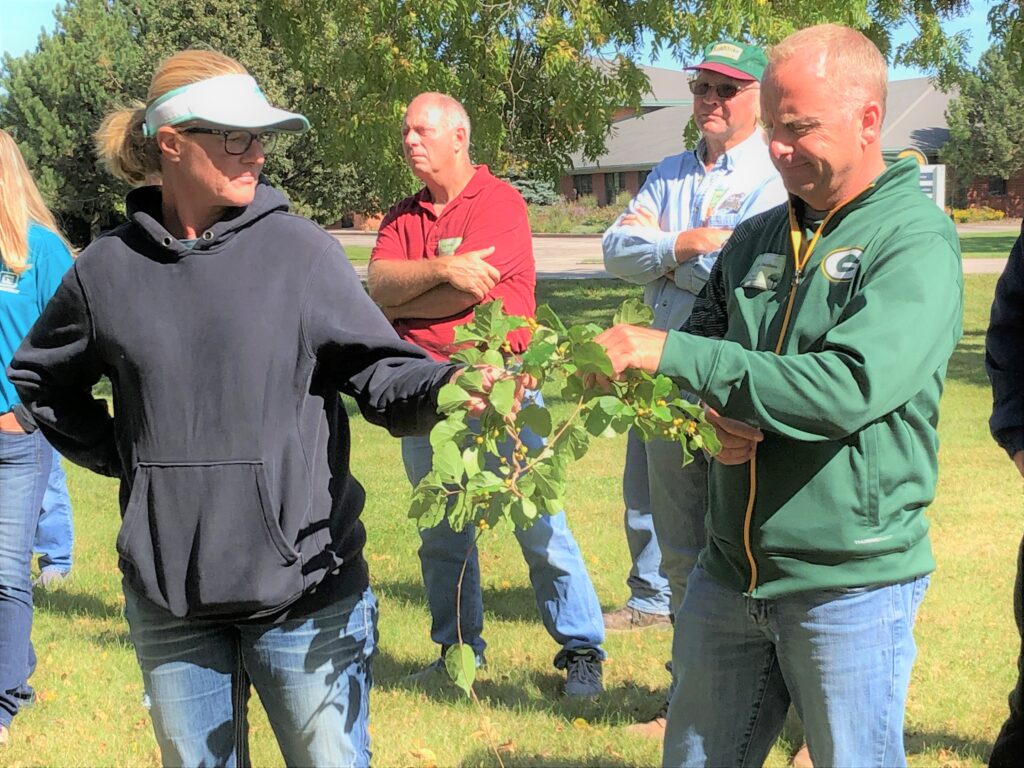 The Wisconsin Department of Natural Resources is partnering with the UW-Madison Division of Extension to host a series of fall workshops on invasive species plant identification and management. Learn about invasive plants in urban settings, focusing on identification, impacts, management and available resources. Dr. Mark Renz (professor and Extension specialist with UW-Madison) will lead the instruction, with Travis Wilson, Matt Wallrath and John Zabrosky assisting. Each workshop will include morning classroom instruction followed by hands-on field demonstrations in the afternoon. The cost of the workshop is $40 and includes lunch. Continue reading “Invasive Species – Fall Workshops”
The Wisconsin Department of Natural Resources is partnering with the UW-Madison Division of Extension to host a series of fall workshops on invasive species plant identification and management. Learn about invasive plants in urban settings, focusing on identification, impacts, management and available resources. Dr. Mark Renz (professor and Extension specialist with UW-Madison) will lead the instruction, with Travis Wilson, Matt Wallrath and John Zabrosky assisting. Each workshop will include morning classroom instruction followed by hands-on field demonstrations in the afternoon. The cost of the workshop is $40 and includes lunch. Continue reading “Invasive Species – Fall Workshops”

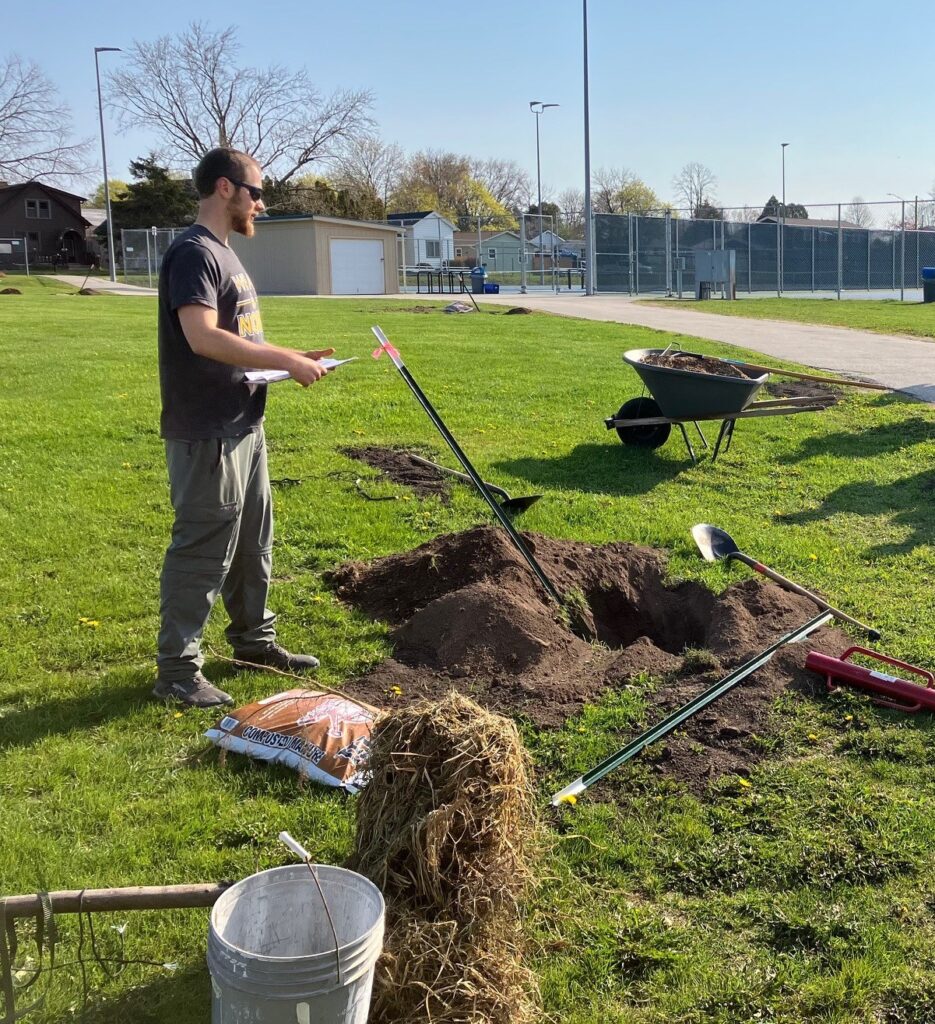
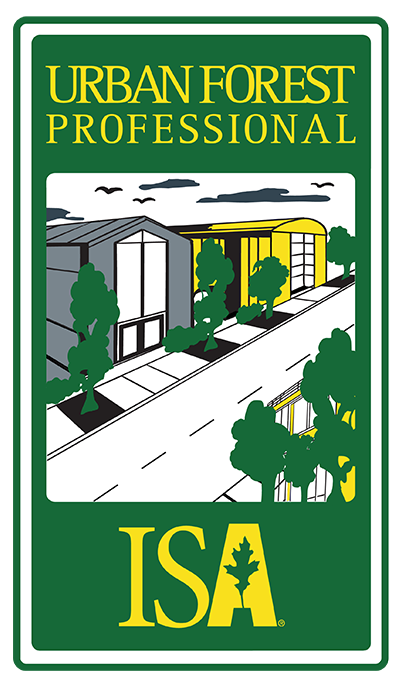 The International Society of Arboriculture (ISA) is launching a new credentialing management system and an updated pricing structure, going live on July 15, 2025.
The International Society of Arboriculture (ISA) is launching a new credentialing management system and an updated pricing structure, going live on July 15, 2025.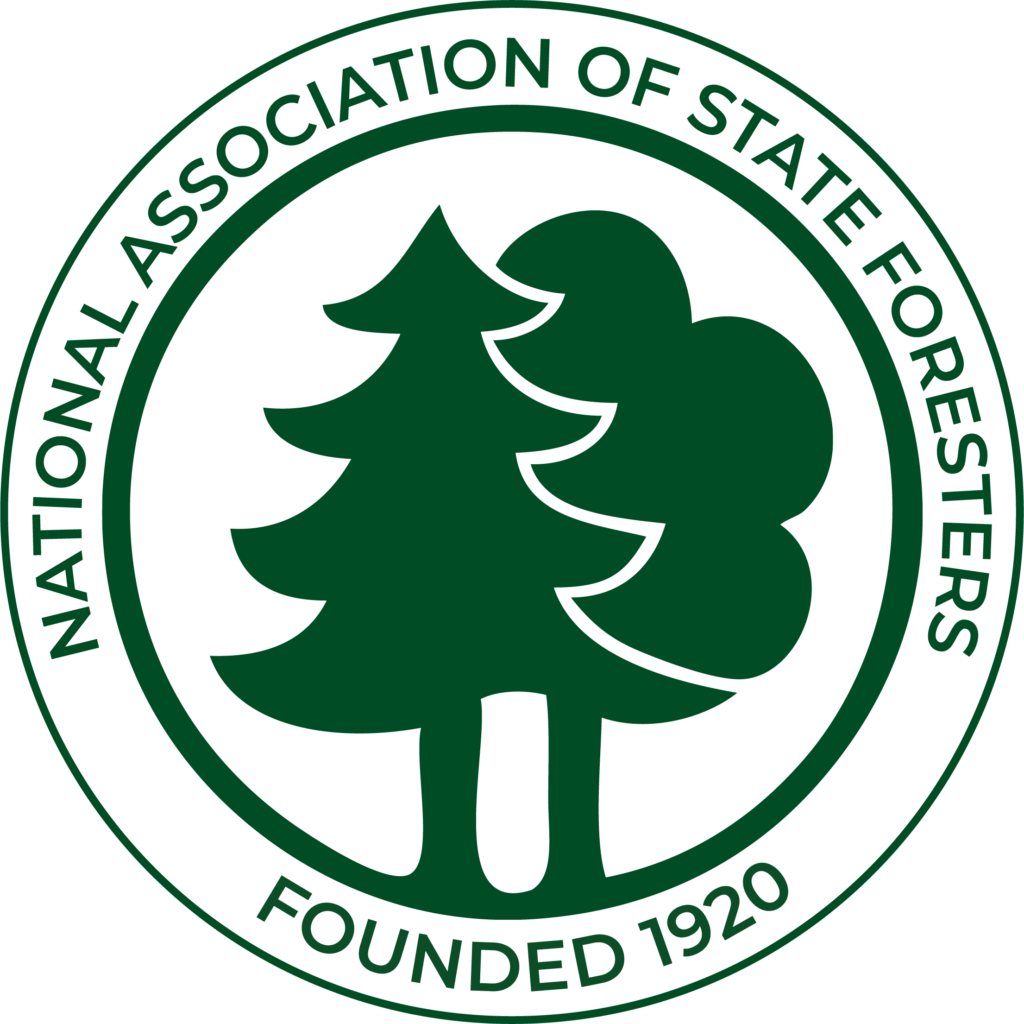 The National Association of State Foresters (NASF) is accepting nominations for its 2025 awards. Only nominations submitted on or before Friday, Aug. 1, through
The National Association of State Foresters (NASF) is accepting nominations for its 2025 awards. Only nominations submitted on or before Friday, Aug. 1, through 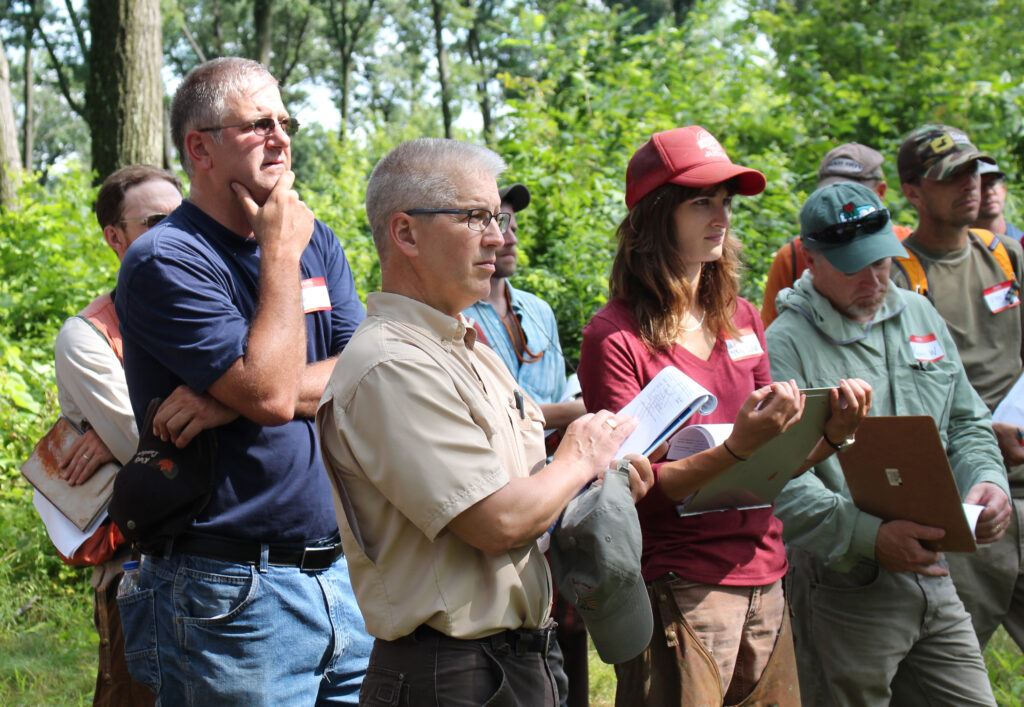 *These training opportunities are provided as an information service only and do not constitute an endorsement from the Wisconsin Department of Natural Resources (DNR).
*These training opportunities are provided as an information service only and do not constitute an endorsement from the Wisconsin Department of Natural Resources (DNR).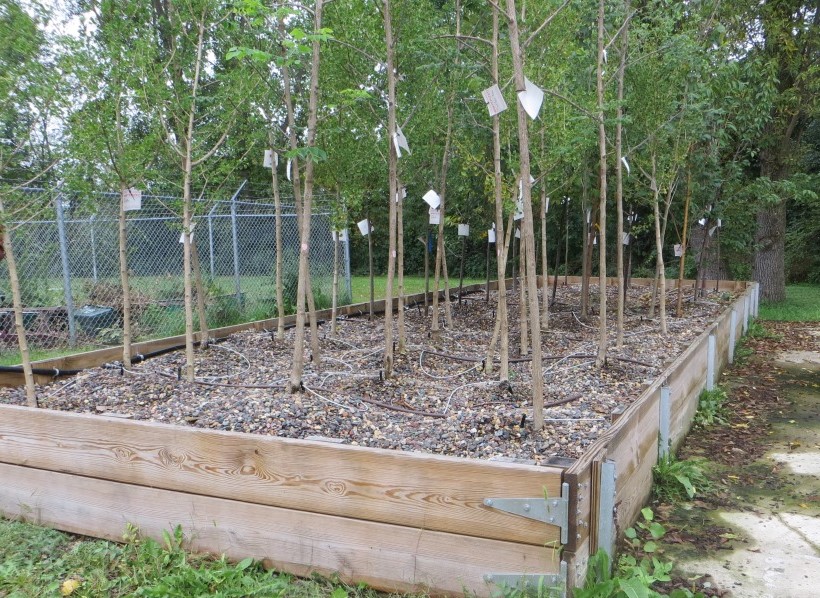 Beginning July 1, 2025, cities, villages, towns, counties, tribes and 501(c)(3) nonprofit organizations in –or conducting their projects in – Wisconsin can apply for a regular or startup 2026 Wisconsin Department of Natural Resources (DNR) Urban Forestry grant. The total 2026 available funding is $559,680, with a possible release of $139,920 of catastrophic storm reserve to fund a second round in March 2026.
Beginning July 1, 2025, cities, villages, towns, counties, tribes and 501(c)(3) nonprofit organizations in –or conducting their projects in – Wisconsin can apply for a regular or startup 2026 Wisconsin Department of Natural Resources (DNR) Urban Forestry grant. The total 2026 available funding is $559,680, with a possible release of $139,920 of catastrophic storm reserve to fund a second round in March 2026. 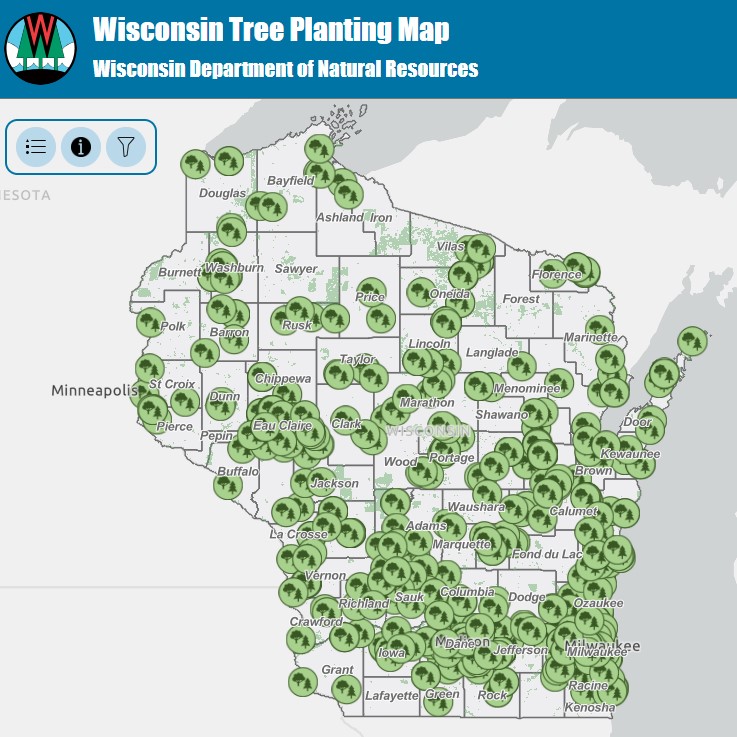 When your newly planted trees are getting comfortable in their new homes, you’ve pulled the splinters from your hands and you find yourself at a desk asking yourself, “What now?”, we have an answer for you.
When your newly planted trees are getting comfortable in their new homes, you’ve pulled the splinters from your hands and you find yourself at a desk asking yourself, “What now?”, we have an answer for you.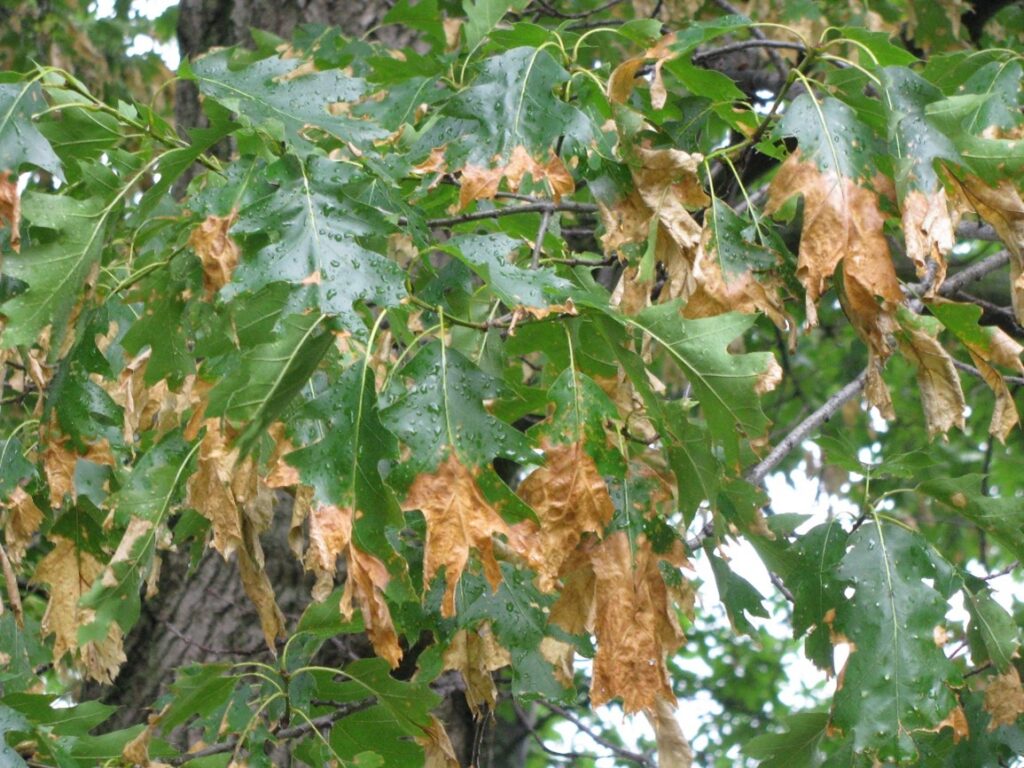
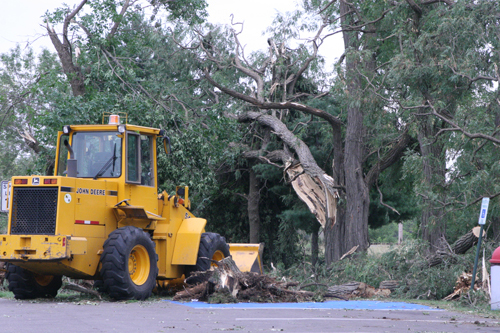 With recent storms passing through Wisconsin, communities may still be working on clean-up. Depending on the intensity of the storms and the condition of the trees, damage from high winds, heavy rainfall, hail and lightning can be quite severe. Cracked or broken branches, trunk damage and root failure are some of the main concerns, but also the risk and liability of damage to people and property.
With recent storms passing through Wisconsin, communities may still be working on clean-up. Depending on the intensity of the storms and the condition of the trees, damage from high winds, heavy rainfall, hail and lightning can be quite severe. Cracked or broken branches, trunk damage and root failure are some of the main concerns, but also the risk and liability of damage to people and property. 